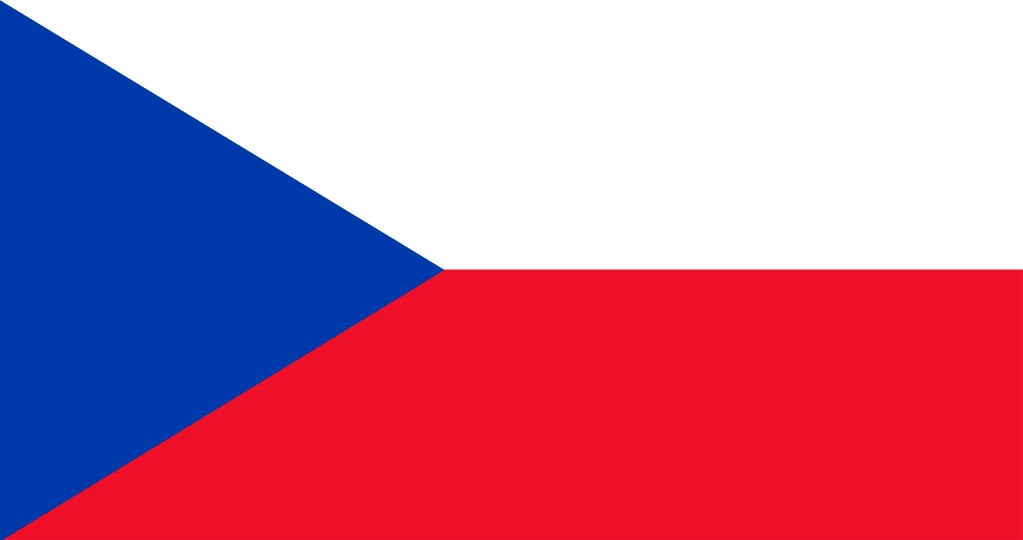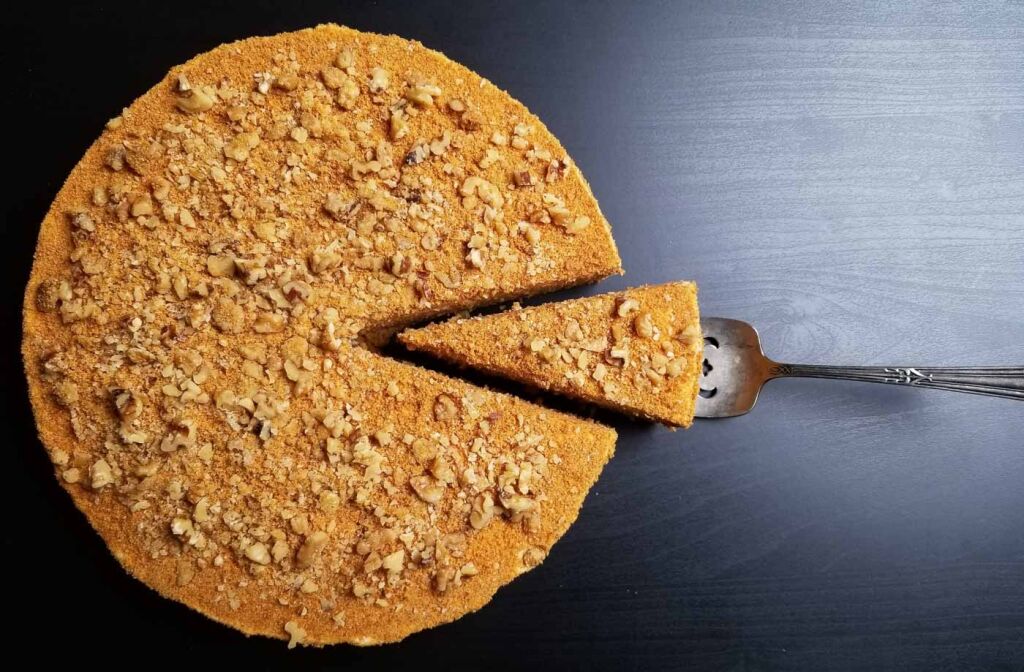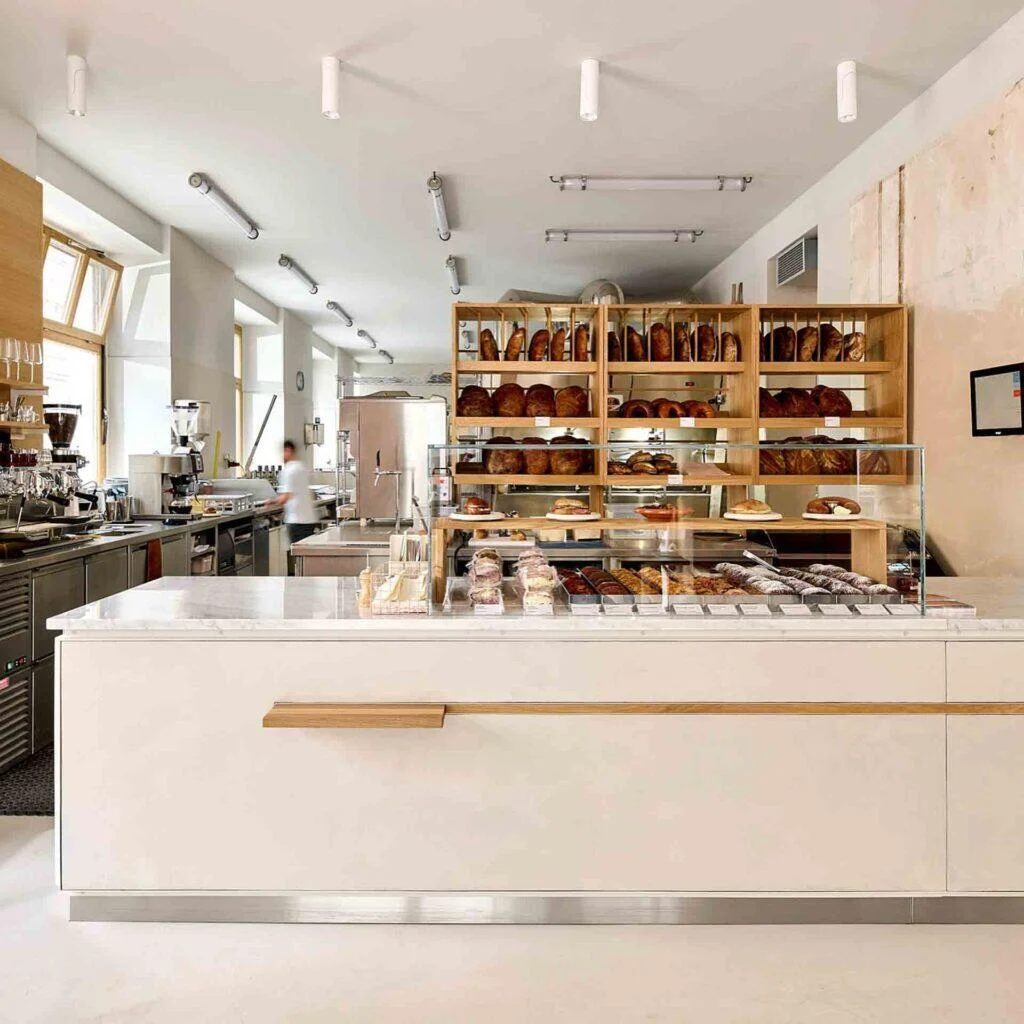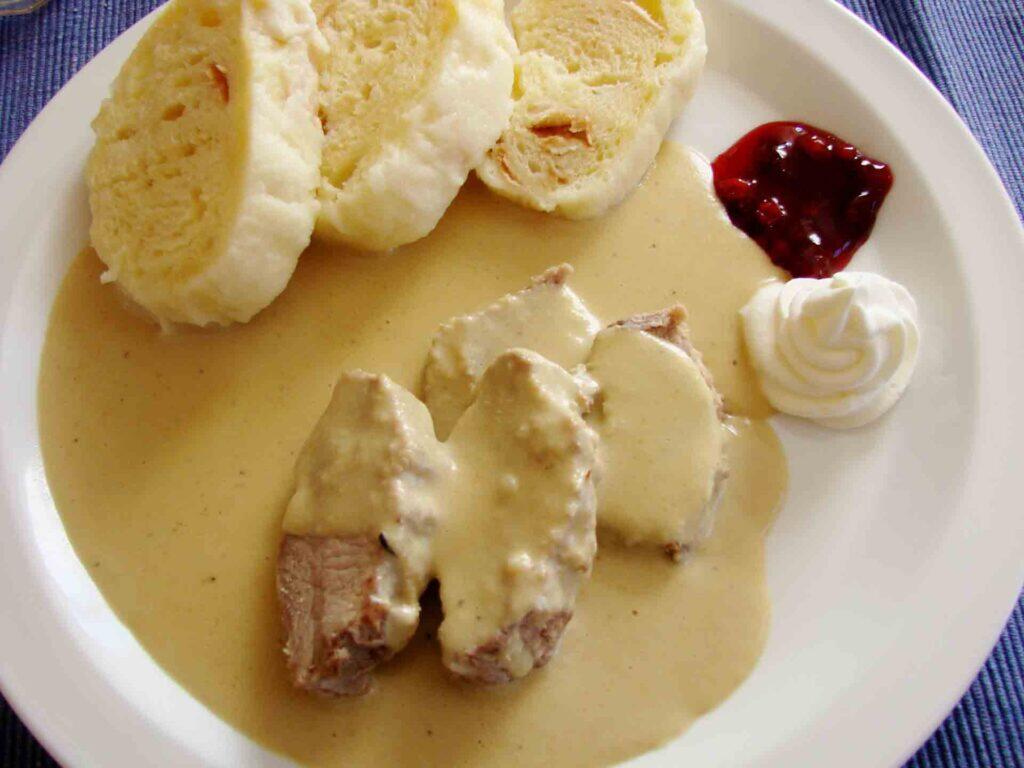Whether it’s the consonants-to-vowel ratio or the seemingly innocent little accents (which change the entire meaning of words) or the pronunciation of such letters as the “ř” (typically the last to be mastered by Czech and foreign learners alike), the Czech language has a reputation for exceeding the comforts of our native English-speaking tongues.
And it’s not just in our imaginations. According to a study from the US-based Defense Language Institute, Czech is one of the “most difficult languages for native English speakers” (along with neighboring languages Polish, Russian, Hungarian, Serbian and Croatian).
But alas, as the Czech saying goes: “bez práce nejsou koláče”. There are no pies without work, no successes without effort. So if pie (i.e. a beginner’s grasp of the Czech language) is what you’re after, scroll on down for a few essential Czech words and phrases to get you by, as well as tongue twisters for those who like a challenge (including audio from our special Czech guests!). First, we’ll start with a dose of Czech language history and grammar.

Czech Language: The History
“A thousand-year history flows through each word. We do something magnificently old and historic when we speak Czech.” Karel Čapek (Czech author)
Czech (formerly known as Bohemian) is a West Slavic language and the official language of the Czech Republic. Eleven million in the Czech Republic (plus one million in Slovakia and North America) speak the language today. Czech’s roots go back to the 9th century when Greek Byzantine Missionary brothers brought Christianity and the Old Church Slavonic language to the area (speaking of Cyril and Methodius, July 5th is their national holiday!). Throughout the centuries that followed, Hapsburg, Nazi and Communist influences somewhat quelled the Czech language; however, due mainly to strong national sentiment, the language withstood. Some also say Czech was purposefully challenging (a kind of secret weapon) as it acted as a defense against potential conquerors and battles. Let’s just say, we’d believe it!
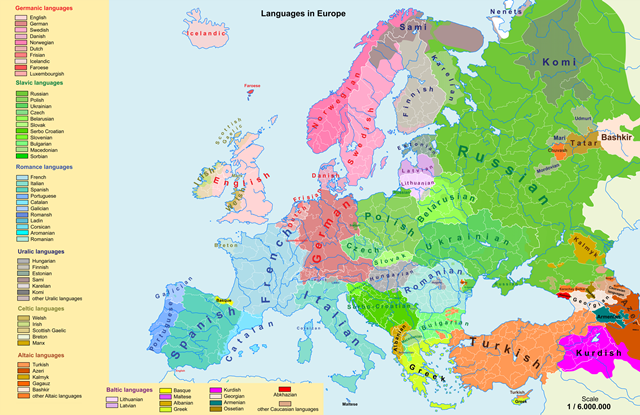
Czech Language: The Grammar
Speaking of battles, understanding Czech grammar is at least half of it! Allow us to whet your palate with a few rules (šest, or six, to be precise).
1. Starting off easy, Czech (like English) uses the Latin alphabet.
2. Czechs use accents above some letters to change the sound. Vowels with an accent (ý, í, á, é, ú) or a small circle (ů) are lengthened, while accents above other consonants and vowels (š, č, ň, ř, ž, ě) soften the sound. For example, š is pronounced “sh” (as in shoulder), č is “ch” (as in cheese) and ň is “n-ye” (as in onion).
3. Stress is almost always on the first syllable of the word. For example, for the words zelená (green) and řepa (beet), the emphasis is on “zel” and “řep”.
4. “I’m going to Prague.” “I’m in Prague.” “I love Prague.” In Czech, all of these “Pragues” change, as in “Jedu do Prahy.” “Já jsem v Praze.” “Miluju Prahu.”
And there’s more to that. Czech uses seven cases (nominative, genitive, dative, accusative, locative, instrumental, and vocative) for nouns, pronouns, and adjectives. In contrast, English uses two.

5. The lowercase “n” in Václavské náměstí (Wenceslas Square) may look like a typo, but it’s not. For geographical names in Czech, the first word is capitalized but common names like ulice (street), náměstí (square) or moře (sea) are not.
6. Embarrassing situations can be avoided by knowing that Czech uses formal and informal language when addressing others. The informal, tykání, is reserved for friends and relatives, while the formal vykání is used otherwise. For example, if you were to ask a store clerk “How are you?”, you’d use “Jak se máte?” (jak se ma-tey) versus “Jak se máš?” (jak se ma-sh) to address a friend.
Czech Language: The Essentials
Just looking to learn a few of the essentials? Allow our native Czech to show you the ropes!
Hello = Dobrý den
Pronounced: dobree-den
I’ll have a beer please = Dam si jedno pivo prosim
Pronounced: dam see yed-no peevo pro-seem
I’ll have a Becherovka please = Dam si jednu becherovku prosim
Pronounced: dam see yed-no bekerovka pro-seem
How much is it? = Kolik to stojí?
Pronounced: koh-leek toh stoh-yee
Czech Language: Phrases to Know
Yes = Ano
Pronounced: ah-no
No = Ne
Pronounced: neh
Please (and the same word is used for “you’re welcome”) = Prosím
Pronounced: pro-seem
Thank you = Děkuju
Pronounced: de-koo-you
Good-bye = Na shledanou
Pronounced: nas-khle-da-no
Hi and bye (informal) = Ahoj (pronounced: ah-hoy) and Čau (pronounced: chow)
Good morning = Dobré ráno
Pronounced: doh-breh-rah-noh
Goodnight = Dobrou noc
Pronounced: doh-bro-notes
Excuse me, I’m sorry = Promiňte
Pronounced: pro-min-teh
What is your name? = Jak se jmenujete?
Pronounced: yak-se-menu-ete
My name is _____ = Jmenuju se ______
Pronounced: men-oo-you-say
How are you? = Jak se máte?
Pronounced: jak se ma-tey
Fine, thank you. = Dobře, děkuju
Pronounced: do-brzhe, de-koo-you
I understand = Rozumím
Pronounced: ro-zoo-meem
I don’t understand = Nerozumím
Pronounced: ne-ro-zoo-meem
Do you speak English? = Mluvíte anglicky?
Pronounced: mloo-veete anglitskee
I don’t speak Czech well = Neumím moc dobře mluvit česky
Pronounced: ne-mloo-veem mots dobrzheh mloovit cheskee
Nice to meet you = Těší mě
Pronounced: tyeh-sheem-yeh
Where is the bathroom please? = Kde je toaleta prosím? (pronounced: kdeh-yeh-toh-ah-le-ta pro-seem) or Kde je záchod prosím? (pronounced: kdeh-yeh-zah-hod pro-seem)
Men = Muzi, Pani
Pronounced: moozhee, pahnee
Women = Zeny, Damy
Pronounced: zhenee, dahmee
I’ll have two beers please = Dám si dvě piva prosím
Pronounced: dam see dveh peevah pro-seem
I’ll have three beers please = Dám si tři piva prosím
Pronounced: dam see tree peevah pro-seem
I’m a vegetarian = Jsem vegetarian
Pronounced: yah-sehm veh-geh-tar-ree-ahn
Breakfast = Snídaně
Pronounced: snee-dah-nyeh
Lunch = Oběd
Pronounced: oh-bee-yed
Supper = Večeře
Pronounced: ve-che-rzeh
We’d like to pay / We’d like the bill = Zaplatíme
Pronounced: za-plah-tea-meh
Enjoy your meal = Dobrou chuť
Pronounced: doh-bro-hoot
Czech Language: Tongue Twisters
While complete nonsense, Czech tongue twisters are the epitome of a Czech linguistic master. To become one yourself, repeat and repeat and once again these six tongue twisters with the help of our Czech friend (and oh yes, he is a master).
Měla babka vrabce v kapse, vrabec babce v kapse píp. Zmáčkla babka vrabce v kapse, vrabec babce v kapse chcíp.
– An old lady had a bird in her pocket and it peeped. She squeezed the bird and it died.
Strč prst skrz krk.
– Stick your finger through the neck.
Tři sta třicet tři stříbrných stříkaček stříkalo přes tři sta třicet tři stříbrných střech.
– Three hundred and thirty three silver quails flew over three hundred and thirty three silver roofs.
Jeden Řek mi řek, abych mu řek, kolik je v Řecku řeckých řek a já mu řek, že nejsem Řek, abych mu řek, kolik je v Řecku řeckých řek.
– A Greek came to me and told me to tell him how many Greek rivers are there in Greece. And I told him that I was no Greek to tell him how many Greek rivers are there in Greece.
Řízni dřív dřevo z bříz.
– You cut firewood from birch trees.
Petr Fletl pletl svetr.
– Petr Fletl knit sweater.
Czech Language: Keeping It Up
Eager to learn more Czech? There are many opportunities to do so from university classes to online courses to private lessons; check out the comprehensive list from our friends at expat.cz. Of course, you’ll have the opportunity to practice with our local guides on our food tours too!
In closing, as the old Czech proverb goes: “Trpělivost růže přináší.”… patience brings roses!


